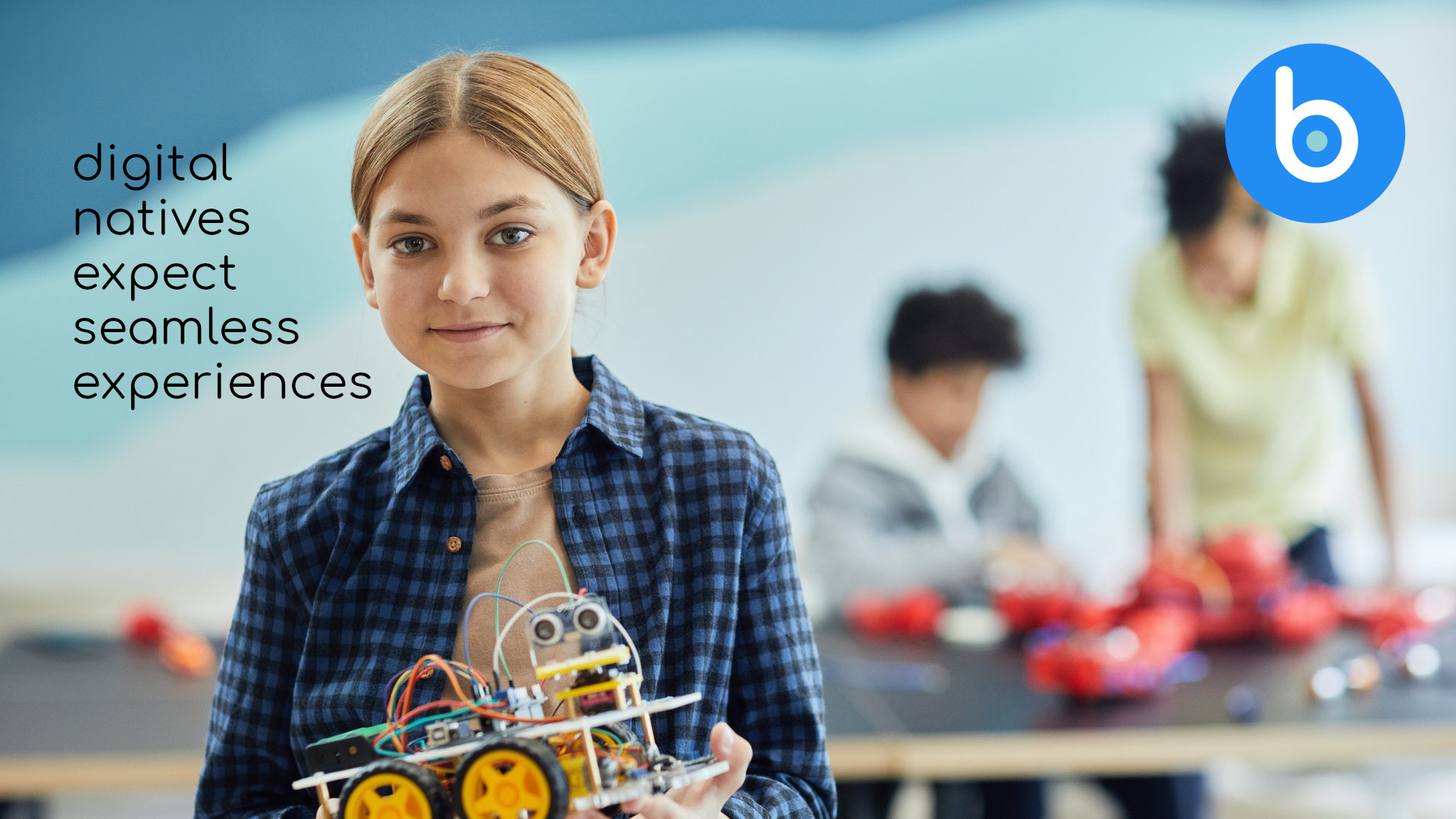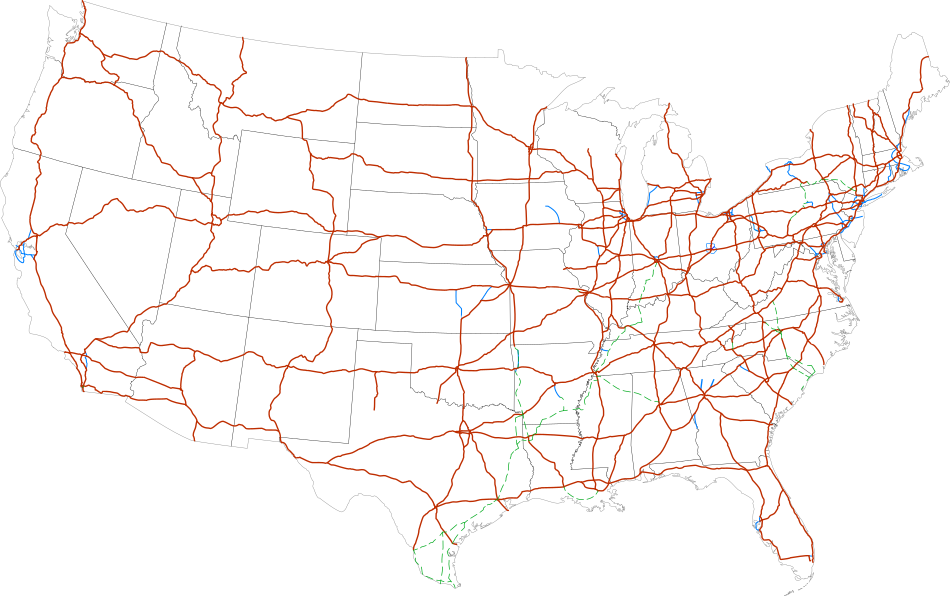
Software user expectations are constantly evolving. As technology advances, their demands focus on speed, digitalization, convenience, accessibility. And in the arena of accounting, confidentiality and security are paramount concerns.1
The customer’s experience of using your software is a key component of your long-term success. It’s no accident that the marketing slogan of one of the major online accounting platforms chose to highlight beauty as their key product attribute.
Who are these digital natives?
Simply put, someone who has never known life without the internet. Someone who has a clear expectation of what software should do, but not necessarily have a clear understanding of the limitations of the underlying technology.
The other thing about digital natives is that they are as a body, expert at publicizing their dissatisfaction with products or services which fall short of their expectations.
Even then digital natives are not one tribe. Millennials, those born roughly in the span 1980 to 1995, considered distinct from those with births in the 1996 to 2012 period. This latter group are Generation Z.
Why are digital natives important to accounting platforms?
Two reasons. Firstly, the rise of the side-hustle, and secondly the first Generation Z digital natives are now entering the workforce.2
The side-hustle, a secondary self-employment, often born out of financial necessity is a commonplace. Many Gen Zers will have a side line, often enabled by their easy familiarity with things digital. In research cited by Forbes, 63% of Gen Zers said they would, or probably would start their own business.
If you ask around your family circle, don’t be too surprized if there is a Gen Zer with a modest income from a YouTube channel, uni students running a video production company, someone making things to sell on Etsy, another managing Google Ads for local tradesmen, and of course someone who will fix your laptop or backup your hard drive.
Not all, but some of these activities will bring this demographic to explore online bookkeeping and accounting software and services.
In the workplace, it’s somewhat different. As a junior team member you are expected to work with what’s available. But it can be a deceptively short period before someone reaches a a position where they can use their dissatisfaction with software to agitate for change: the earliest Gen Zers now be twenty five years old.
What might Generation Z want from accounting software?
Fast, intuitive, customizable, personalized, reliable, visually attractive, and connected, this last point being particularly important.
With Gen Zers their expectations of acceptable experiences with technology are higher even those of their Millennial predecessors. Reportedly, Gen Zers have a lower tolerance for sluggish apps, eight seconds compared to twelve seconds for Millennials.
Consequently, software user experience is key to uptake in this segment. Slow responses, opaque navigation, inadequate personalization can condemn your product. Bad news at the best of times, highly problematic when we recall how adept this cohort can be at publicizing their dissatisfaction.
Regarding connectivity, it is worth bearing in mind that both email and telephone are regarded as antique technologies by this age group. Their experience of money is digital, their social life is digital, their education has been digital, their entertainment is digital.
The idea of accounting systems being connected to the bank and the government is going to seem natural. The idea of an accounting system having access to hundreds of apps is natural.
But the idea that accounting systems are not connected to each other is going to feel, well not even last-century, but last-millennium.
Summary
Although Generation Z are the latest arrivals to the workforce, that does not mean they are not astute and discerning in their opinions about workplace technology.
Tools and services which are perceived to be clunky, non-intuitive and slow can be expected to lose ground over time to more appealing choices.
Given the rise of the social media influencer, the rate at which ground is lost may be significantly faster than might previously have been expected.



